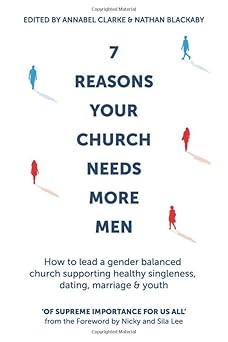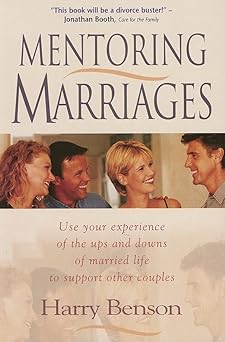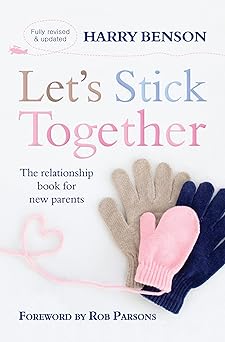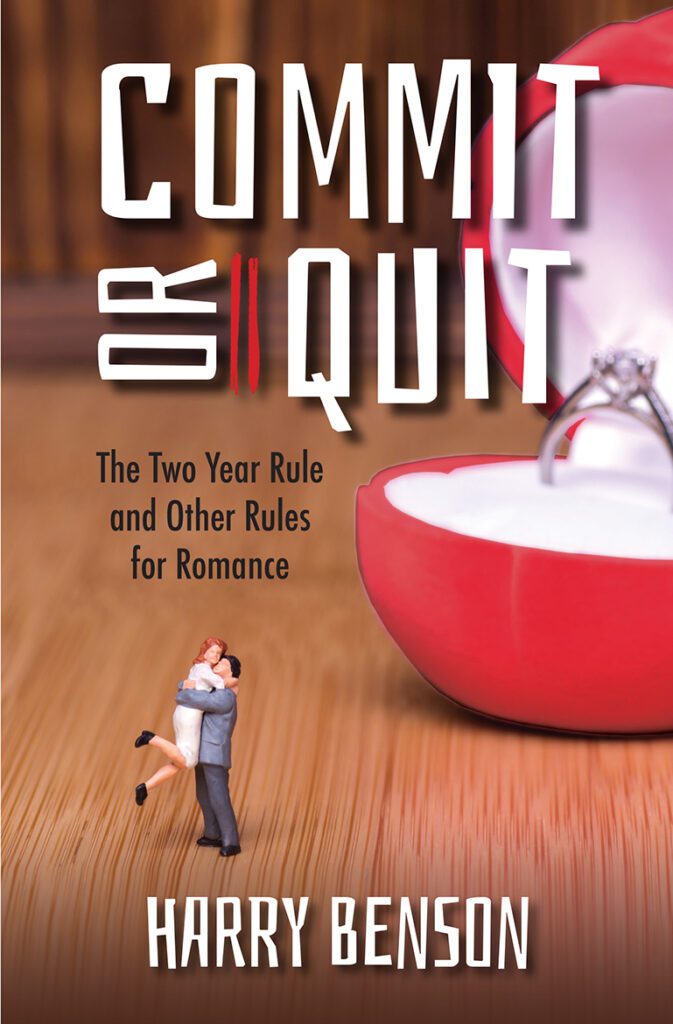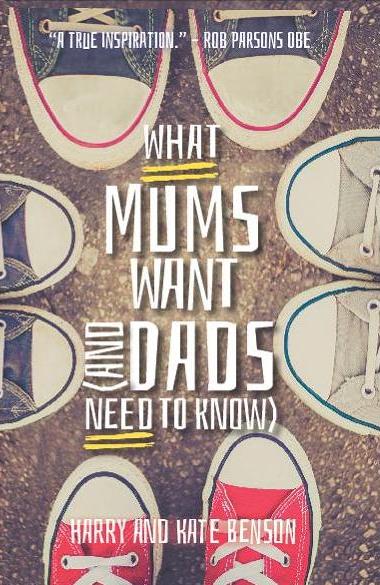“Ambiguity is one of the biggest relationship killers,” according to Harry. “If you don’t know where you stand, you can’t sacrifice, can’t forgive. You are not going to put your life on the line for somebody else if you don’t have a clear sense of future together. That’s what a long-term commitment and an unambiguous relationship (found in marriage) give people.”
Harry believes societal trends shifted in the 1960s with the advent of the birth control pill, which, while offering women more freedom and reproductive choice, also liberated men from the need to commit – a problem whose answer he considers the real question for this age.
“At one time the social function of marriage was to bond men with the mothers of their future children to avoid having a chaotic society,” he said. “As much as we love lone parents, they will tell you how difficult it is (to raise children on their own). They need support from friends and family or the state.”
“Our research was the first to show that unmarried cohabitation is the main driver of instability. The 21% of couple parents who are not married account for 51% of all family breakdown involving children (Benson 2017a),” he wrote. “Family stability can and will be strengthened by a return to formal commitment and marriage.”
Harry points to the secularization of Britain, where only 1-2% of people are actively involved in church or worship. “Faith as a motivation for marriage isn’t there. We need to discover a secular language that reaches a new population and defines the need to form healthy relationships in the first place.”
“The reason why encouragement to marry will increase stability is that discussing plans for the future, and then making a decision about it, will bring greater mutual clarity and intent than might otherwise have been the case had the couple continued without making a formal commitment … Now our work enters a new phase, where we aim to rebuild confidence in marriage for the good of society, especially children,” he wrote.
Prior to joining start-up Marriage Foundation, Harry founded a charity called Bristol Community Family Trust, where he led thousands of pre-marital couples through an adaptation of America’s PREP course and developed and taught
Let’s Stick Together, a pioneering program for new parents evaluated by the Department for Education and delivered mainly through NHS post-natal clinics. At its peak, Bristol Community Family Trust reached one-third of all first-time mothers in that area, he said.
A conversation with Dr. Rhodes inspired Harry to pivot from the work he’d been doing directly to come aboard as Director of Research when Sir Paul started Marriage Foundation.
Harry realized, “We do so much better if we don’t have to sort out the marriage problems and get people to form happy and healthy relationships in the first place. The real impact is going to be getting the foundations right.”
He referenced the rocky time in his own marriage, where he and his wife of 38 years, Kate, would have split up if they wouldn’t have been married. “We stuck at it because we were married. We had an assumption we were together for the long term. We survived the bad times because of that commitment.”
The couple met and married when Harry was a dashing young helicopter pilot just returning from the war in the Falklands. They were living abroad in Hong Kong and Bangkok, where Harry pursued a career in finance and Kate stayed home raising the eldest of their six children.
Like many couples busy raising young families, the Bensons drifted apart.
Harry’s PTSD from war and emotional distance from his family of origin caused him to be closed off at home. During their sojourn in Asia, Kate became a Christian, which “made things worse,” Harry said, because “Jesus turns the lights on and shows you the truth in the messy room.”
